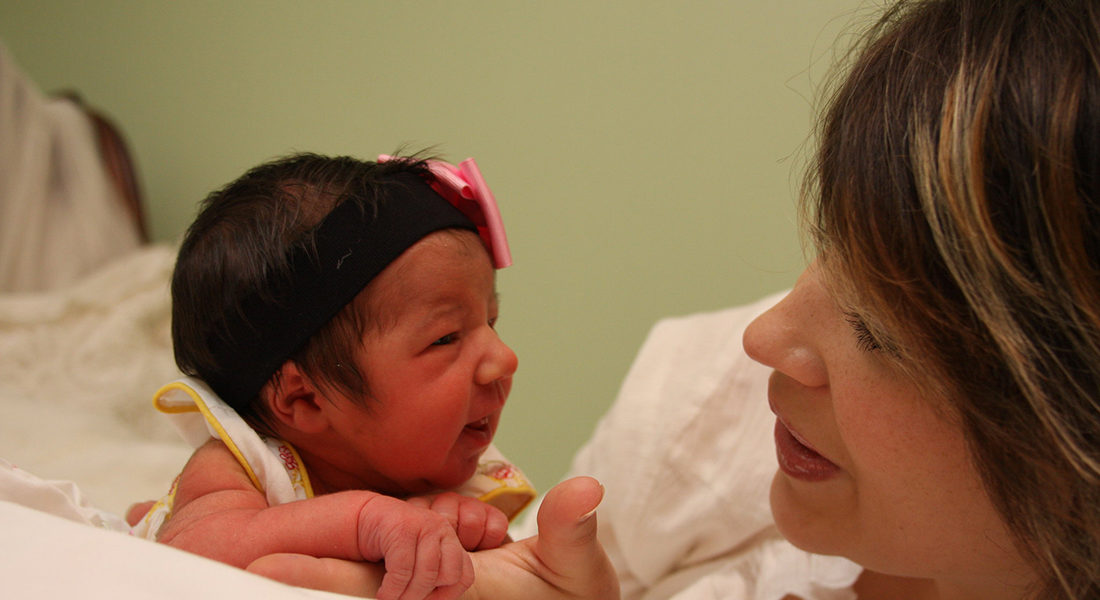Three projects from Psychology receive funding by Independent Research Fund Denmark

Can training the attentional control and memory hoarding help young patience cope with OCD? That is the question emerging from the first of three projects from the Department of Psychology, supported by Independent Research Fund Denmark (IRFD).
Associate professor and student counsellor, Signe Allerup Vangkilde, is leading the project “Attention, Memory, and Emotion Management in OCD-patients”, which has been granted 2,9 million Danish kroner for funding by IRFD.
“For the very first time, the hypothesis that good attentional control is crucial for keeping the mind free from intrusive memories will be investigated/tested. The second aim of the project is to investigate whether developing attentional- and memory control, provides support for young patients suffering from OCD,” the project outline states.
One of the main symptoms of OCD is repetitive, unwanted intrusive thoughts, which, despite diligent efforts, not a lot of people are able to combat. Researchers are planning on developing cognitive task training in the form of an app, where 30 minutes of daily practice for a week, will result in a gradually increased control over memory and attention.
The project will be conducted in collaboration with Psychiatric Centre Copenhagen, University of Cambridge, in addition to the Danish School of Education.
Childhood stress and work-related trauma
With a grant capital of 2,9 million Danish kroner for funding, Associate professor and Head of the Study board, Karen-Inge Karstoft will investigate whether the combination of stress load during childhood, and traumatic experiences in professional contexts increases the risk of developing a mental illness.
“Workers with high-risk jobs such as a post in the military or the police force, are at a greater risk of being exposed to traumatic experiences, which can then lead to the development of mental illnesses. Years of research has shown that stress load during childhood also increases the risk of developing a mental illness.” the project description states in “Adverse childhood experiences and high-risk employment: Early risk factors for adult psychopathology”.
Based on file data provided by military deployment, police officers and a comparison group consisting of civilians, the research project is working towards multiple goals. Firstly, to estimate the occurrence, degree, and duration of stress load during childhood across populations. And secondly, to estimate the link between stress load during childhood, and mental illnesses in adults across populations.
Lastly, the project will investigate whether stress load during childhood and traumatic experiences in professional settings are related and therefore increases the risk of mental illnesses further.
Caregiver-infant synchrony
DFF has granted Professor Victoria Southgate with 6,9 million Danish kroner for funding, to investigate whether the synchronization between parents and infants contributes to the children’s development and self-presentation. The project, which is called “Caregiver-infant synchrony and the development of the social brain” will further explore how the hormone oxytocin contributes to the process.
“Most parents are unaware of the fact that their interaction with their children consists of a lot of synchronous movements, and that this synchrony plays an important part of the infants’ development. What synchrony attributes to is yet unclear, but one hypothesis claims that it delays the emergence of a separate self-presentation and keeps the infants’ attention directed towards others as their primary source of learning,” the project outline states.
The aim of the project is to capture the behavioral synchrony between mothers and infants with the help of portable accelerometers through natural interactions. With the contribution of these data sets, researchers aim to develop new tools to extract synchrony through machine learning (automatic learning).
By combining data collected from “naturally occurring” settings with more traditional laboratory-based methods, we aim to investigate whether mother-infants synchronization contributes to the development process of the self-representation, measured in neuro- and imagination-based research methods.
